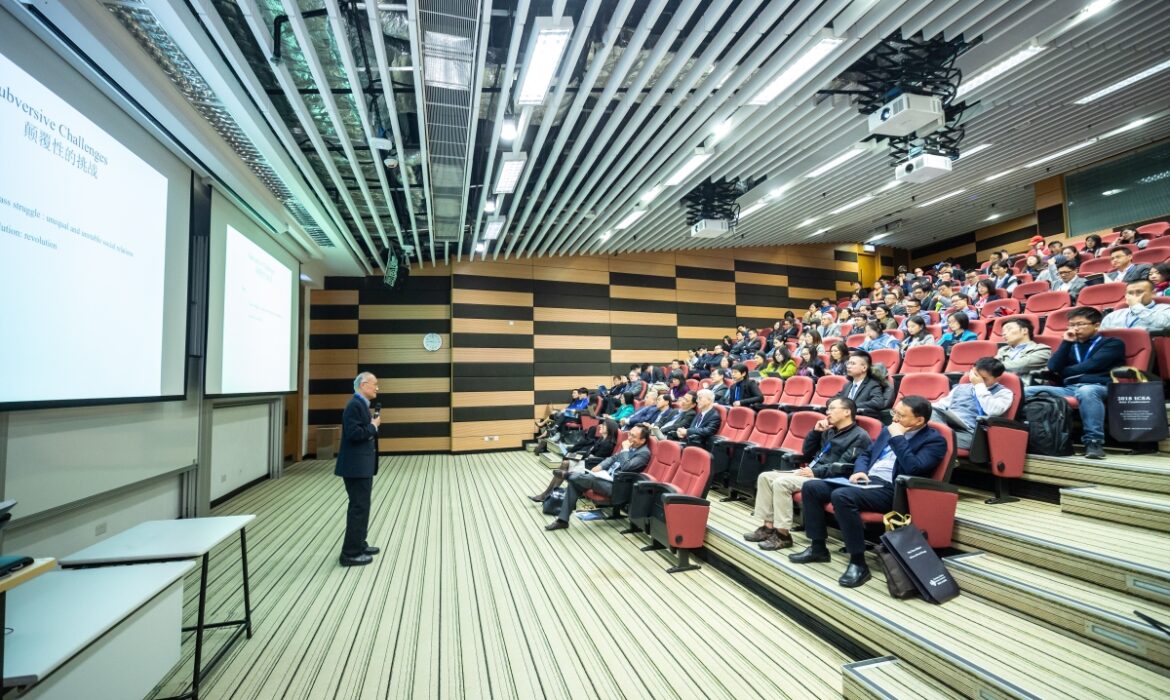University events play a vital role in fostering a sense of community, promoting engagement, and providing valuable learning experiences for students, faculty, and staff. Whether it’s a seminar, conference, workshop, or cultural festival, organizing a successful university event requires careful planning, coordination, and attention to detail. In this comprehensive guide, we will cover everything you need to know about organizing university events, from the initial planning stages to execution and post-event follow-up.
1. Defining the Purpose and Goals
Before diving into the logistics, it’s essential to clearly define the purpose and goals of the event. Are you aiming to educate, entertain, raise awareness, or build connections? Establishing the event’s objectives will guide your planning decisions and help ensure that the event aligns with the university’s mission and values.
Action: Gather key stakeholders and brainstorm the main objectives of the event. Create a concise mission statement that encapsulates the event’s purpose.
2. Identifying the Target Audience
Knowing your target audience is crucial for tailoring the event’s content, format, and marketing efforts. Consider whether the event is meant for students, faculty, alumni, industry professionals, or the general public. Understanding your audience’s preferences and interests will help you create a more engaging and relevant experience.
Action: Conduct surveys, focus groups, or interviews to gather insights about your potential attendees. Use this information to tailor the event to their needs.
3. Budgeting and Funding
Determine the budget available for the event and allocate funds to various aspects such as venue rental, catering, marketing, and guest speakers. Consider both fixed costs and variable expenses to avoid overspending. Explore potential sources of funding, including sponsorships, grants, and university resources.
Action: Create a detailed budget spreadsheet that outlines all projected costs and potential revenue sources. Monitor expenses closely throughout the planning process.
4. Choosing the Right Venue
Selecting the appropriate venue is a critical decision that impacts the event’s atmosphere and logistics. Consider factors such as the event size, type, accessibility, and audiovisual requirements. Whether it’s an on-campus auditorium, off-campus conference center, or virtual platform, the venue should align with the event’s goals.
Action: Tour potential venues, evaluate their amenities, and confirm their availability for the desired event date. Factor in technical requirements such as sound systems and projectors.
5. Event Promotion and Marketing
Effective event promotion is essential for maximizing attendance. Utilize various marketing channels, including social media, email campaigns, university websites, and posters. Create compelling content that highlights the event’s value and encourages participation.
Action: Develop a comprehensive marketing plan that includes a content calendar, targeted messaging, and a mix of online and offline promotional strategies.
6. Guest Speakers and Presenters
Securing engaging guest speakers and presenters can significantly enhance the event’s appeal. Invite experts, industry professionals, or university faculty members who can provide valuable insights and perspectives related to the event’s theme.
Action: Research potential speakers and presenters who align with the event’s objectives. Reach out to them with a well-crafted invitation that highlights the event’s value and relevance.
7. Registration and Logistics
Implement a user-friendly registration process that collects essential attendee information. Coordinate logistical details such as catering, transportation (if needed), equipment setup, and signage. Ensure that all event materials and resources are readily available on the day of the event.
Action: Set up an online registration platform that allows attendees to sign up easily. Create a detailed event timeline that outlines each stage of the event, from setup to teardown.
8. On-Site Management
Efficient on-site management is crucial for a smooth event execution. Assign roles and responsibilities to an event team, including greeters, ushers, and technical support. Have contingency plans in place to address unexpected challenges that may arise during the event.
Action: Conduct a thorough walkthrough of the event space before the event begins. Ensure that all equipment, presentations, and materials are ready for use.
9. Post-Event Follow-Up
The event’s impact doesn’t end when the last session concludes. Send out post-event surveys to gather feedback from attendees and identify areas for improvement. Use the insights gained to assess the event’s success and plan for future events.
Action: Design and distribute post-event surveys to attendees, speakers, and partners. Analyze the feedback and use it to refine your event planning strategies.
10. Celebrate Success and Learn from Challenges
After the event, take time to celebrate its successes and acknowledge the efforts of the organizing team. Reflect on both the positive aspects and the challenges faced during the planning and execution stages. Use these insights to continuously improve your event planning processes.
Action: Host a debriefing session with the event team to discuss what went well and identify areas for growth. Document key learnings for future reference.
Conclusion
Organizing university events is a dynamic process that requires careful planning, effective communication, and collaboration among various stakeholders. By defining clear objectives, understanding your target audience, securing funding, and paying attention to logistical details, you can create memorable and impactful events that contribute to a vibrant university community.










